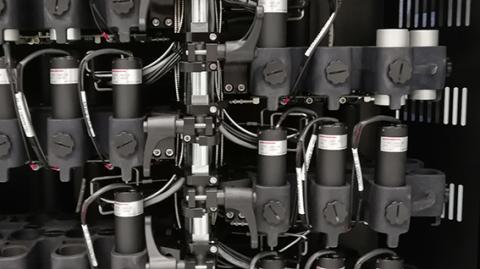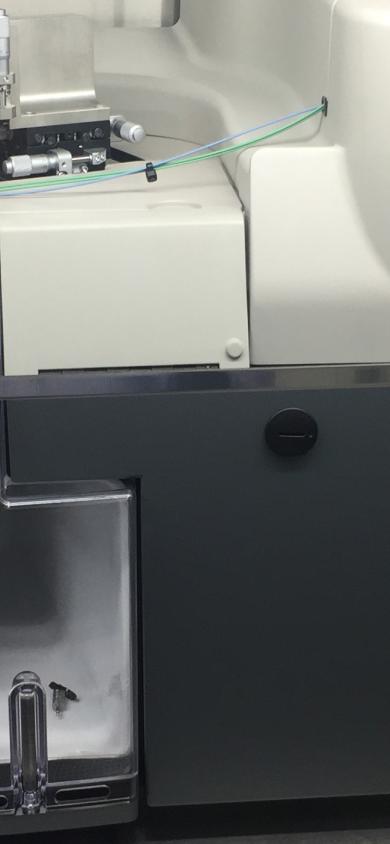
Sorting
CyTUM combines cross-institutional and cross-campus-wide scientific knowledge and instruments for flow cytometry and cell imaging. These sites, referred to as CyTUM MIH and CyTUM LTI, provide unique methods and expertise and are supported by funding of the respective institutes as well as user fees that follow the financial guidelines of the DFG.
The CyTUM structure, primarily organized by the CyTUM Steering Committee and a Spokesperson, consists of the Heads of the institutes MIH and LTI, together with experienced flow cytometry and imaging scientists:
The institutions are located at:
CyTUM MIH
Technical University of Munich School of Medicine and Health | Department of Preclinical Medicine
Flow Cytometry Unit of the
Institute for Medical Microbiology, Immunology and Hygiene (MIH)
Trogerstraße 30, Room 59.2.28
81675 Munich
CyTUM LTI
Technical University of Munich School of Life Sciences, Weihenstephan
Flow Cytometry Unit
at the Chair of Animal Physiology and Immunology (LTI)
Weihenstephaner Berg 3
85354 Freising
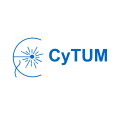
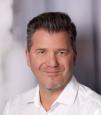
Modern technologies, such as multi-color flow cytometry analysis and cell sorting are increasingly influencing the status of scientific research as an essential resource.
In 1999, a core facility for flow cytometry was created at the institute of Medical Microbiology, Immunology and Hygiene (MIH), under former director Prof. Hermann Wagner and initially supervised by Dr. Matthias Schiemann.
In 2015, Prof. Dietmar Zehn, appointed to the Science Center in Weihenstephan started his own analytical center for flow cytometry as Chair of Animal Physiology and Immunology (LTI).
To organize both locations in a higher-level structured cytometry platform at the TUM, CyTUM arose, combining both units CyTUM-MIH and CyTUM-LTI in a synergy that provides a wide variety of flow cytometry cell analyzers and sorters to users across the bigger area of Munich.
Together with the Head of MIH, Prof. Dirk H. Busch, these partners developed a conceptual agreement for handling equipment and organizational procedures, as described in our “Concept and Terms of use”.
During the last decade, CyTUM also steadily established a cross-collaboration with the “Immune Monitoring, Technische Universität München, Munich, Germany", as well as the Core Facility Cell Analysis at the TranslaTUM, Munich.
Head of CyTUM: Dipl.-Ing. Thomas Pohl
Operator: Corinne Angerpointner
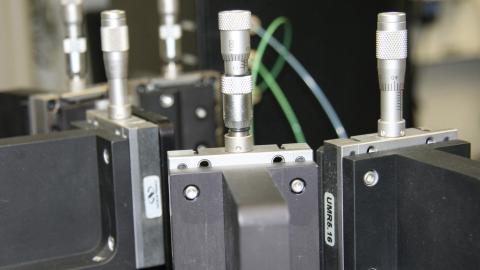
Overview and goal of CyTUM
The main goal of CyTUM is to provide access to state of the art instruments in flow cytometry and imaging, as well as support all scientists and their respective questions with our scientific expertise. Therefore, CyTUM is open for use to scientists and those interested. Connecting functional units at the MIH and LTI provides synergies concerning:
The CyTUM network should primarily fulfill the requirements of service across campus, local utilization and proximity to work being a priority. Through “remote control” options, operators of the respective units should be able to provide help (e.g., with instrument settings) even from a distance.
Service for industrial areas is possible in all units, although it should remain in close relation to active collaborations.
